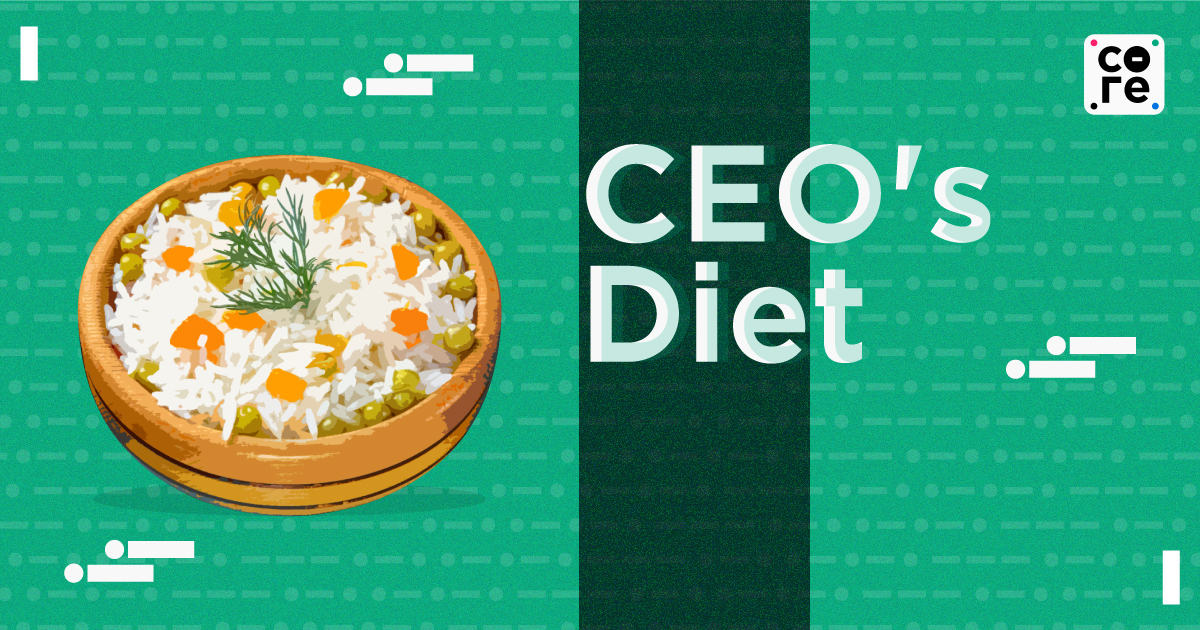
How To Eat Healthy In Tune With Your Lifestyle: 9 Tips For Holistic Eating
The food we eat is deeply connected to our environment and making informed decisions that align with our circumstances is key to good health

Social media and WhatsApp are full of diet and nutrition advice. Most of the mega-viral health influencers on social media doling out advice on what to eat or scaring you about microplastics, cancers and pseudo-scientific mumbo-jumbo will never let you look at the big picture.
Blowing up single ingredients, cookware, appliances or diets and looking at it under the microscope is a wrong and restrictive approach towards the complex science that is nutrition. Simply put, holistic eating involves taking your specific nutritional needs into account and making lifestyle choices prioritising body and mind health.
Here are 9 simple holistic healthy eating tips that will change the way you eat for the better:
- Don’t look at foods as good foods and bad foods. It is an oversimplified way of understanding nutrition which is a complex topic. It can damage your relationship with food, leading to cravings, binge eating, food guilt and more.
- Don’t punish or reward yourself with food. For example, I ate a salad for lunch so I am going to reward myself with biryani and dessert for dinner, or I binged on a buffet this Sunday so I won't eat anything the next day. You are setting yourself up for yo-yo eating and an utterly disordered relationship with your meals.
- Don’t copy someone else’s meal or diet plan - just because it worked to help them lose weight or reach their health goals, it may not work for you. The foods we end up eating are deeply connected with our culture, our environment, the family we live with, our life and work circumstances, stress levels and more. Make informed decisions that align with your own circumstances.
- Don’t obsess over the type of oil, type of cookware, type of oven, time of day and nutritional claims of isolated ingredients. Healthy eating is not just about individual ingredients; it's about how those ingredients fit into an overall diet. An isolated focus on each of all of these things leads to missing out on the broader nutritional context that a balanced meal provides. Healthy eating is all about adopting sustainable practices that are in tune with your lifestyle and culture. Variables like cookware and type of oil are just one piece of a complex puzzle and by obsessing over the single piece, we tend to miss the big picture such as a balanced meal with proper portion sizes.
- Meal prep, canned and frozen foods (like peas, beans, mixed veggies, and greens) are your friends when it comes to healthy eating with a busy lifestyle. People worry that refrigerating or freezing food causes loss of nutrients. Any cooking with heat will cause a loss of some heat-sensitive C and B vitamins, but cooking also enables you to unlock nutrients and make them more bioavailable. Frozen fruits and vegetables are often picked at their peak ripeness and quickly frozen, which can help retain their nutrient content. Meal-prepped food is any day better than ordering in as restaurant food is always high-calorie and high-sodium, not to mention many components of the dish are often pre-cooked in large batches to save time.
- Don't overthink your meals. Whether you are a rice eater or a roti eater, you can build a healthy balanced meal around whatever is your carb of choice. Ensure you eat a variety of vegetables in your meals and that half your plate has a mix of cooked and raw vegetables (or only cooked is fine too) and a quarter of the plate has your choice of carb such as roti, rice, idli, dosa, poha, potatoes, pasta. The other quarter should be reserved for protein such as egg, yoghurt, chicken, meat, chickpeas, tofu, tempeh etc. This is the simplest way to eat a balanced diet. Go for a smaller-sized plate (such as 8”) for better portion control and a lower calorie intake if you are aiming to lose weight.
- The quantity of fat matters. Even the best quality extra virgin olive oil straight from the olive farms of Spain will cause you to gain weight if consumed over the daily recommended fat intake. It is good to keep visible fat intake to under 30% of your daily calorie intake. 1-2 tablespoons of oil or fat is a good measure to stick to.
- Food is not just fuel but also pleasure. While 80% of your meals should be for nourishment, allow yourself room to enjoy the foods you love without any guilt whatsoever the remaining 20% of the time. This is the best way to have a healthy relationship with all foods and not binge on foods that are viewed as treats.
- Lastly, embrace mindful eating. Pay attention to your body's hunger and fullness cues. Slow down and enjoy your food. Eat without distractions. Over time, this approach fosters a healthier relationship with food and prevents overeating.
In a world inundated with fads and narrow perspectives on nutrition, it's imperative to step back and embrace a holistic approach to healthy eating. Our bodies are intricate systems, and understanding nutrition requires acknowledging the interplay of myriad factors that go beyond the shrill advice you see on social media.
The food we eat is deeply connected to our environment and making informed decisions that align with our circumstances is key to good health
Doctor, nutritionist, wellbeing advocate and columnist, Dr Nandita Iyer is the author of three bestselling books. She has been writing on nutrition, health and food for over 17 years. Since 2006, her popular blog Saffron Trail has been a major resource for healthy food and vegetarian recipes. You can follow her @saffrontrail on Twitter and Instagram.

